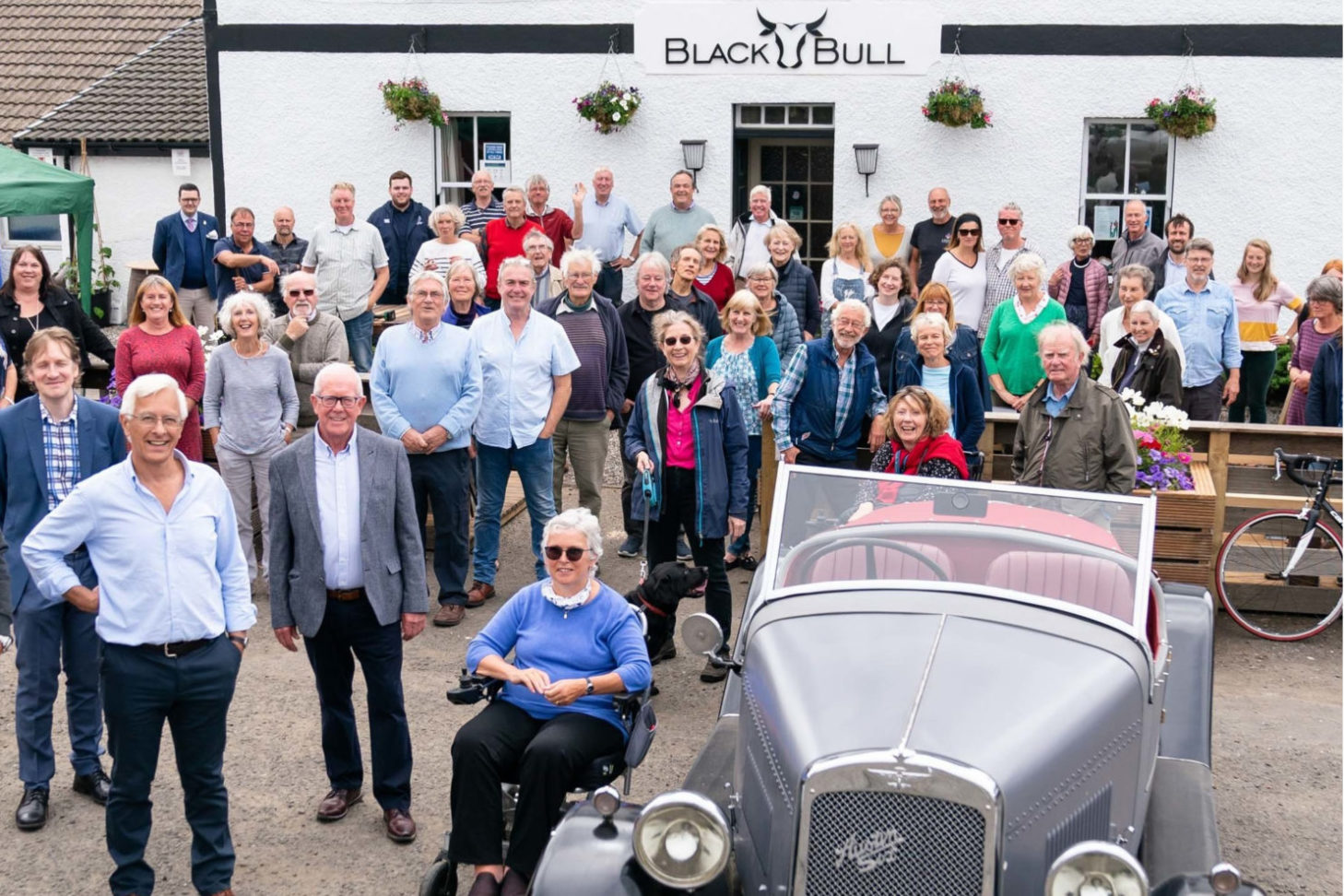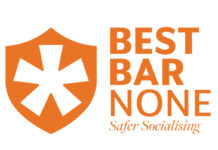Initiative aims to support residents groups running local pubs

A NEW initiative which aims to support community groups taking ownership of their local pubs has been launched.
The Scottish Community Pubs Partnership, which has secured funding from the Scottish Government’s Rural Network Unit, is working with the Plunkett Foundation – a charity which helps community-ownership projects across the UK, Community Shares Scotland and Co-operative Development Scotland (CDS) to support what’s said to be a growing number of community-owned pubs in Scotland.
Support for community groups includes free training sessions and business and financial advice for both new and established pub-owning groups. Free online workshops will take place on 28th February and 21st March for those interested in learning more about community ownership of their local pub.
Claire Spendley, head of community business at the Plunkett Foundation, said the initiative has been launched in response to the “increasing number of people from across Scotland wanting to learn about how they can come together and buy their local pub for local benefit”.
“In the last 25 years we’ve helped over 800 community-owned businesses begin trading and witnessed the benefits that these inspirational businesses can bring to a local area,” she said.
“We’re incredibly excited to help grow the number of community pubs in Scotland at a time when their communities really do need them the most.
“Community ownership not only saves a pub from closure but it brings people together, it improves community-spirit, it is inclusive and can help a rural village, and the people that depend on it, to thrive.”
Head of CDS and Scottish Enterprise head of business models, Clare Alexander, said: “Community ownership is becoming increasingly popular as towns and villages grapple with the effects of the pandemic on the very businesses that often help people stay connected.
“Pubs can act as hubs within these communities by hosting social activities and vital services for people who could otherwise become isolated.”























